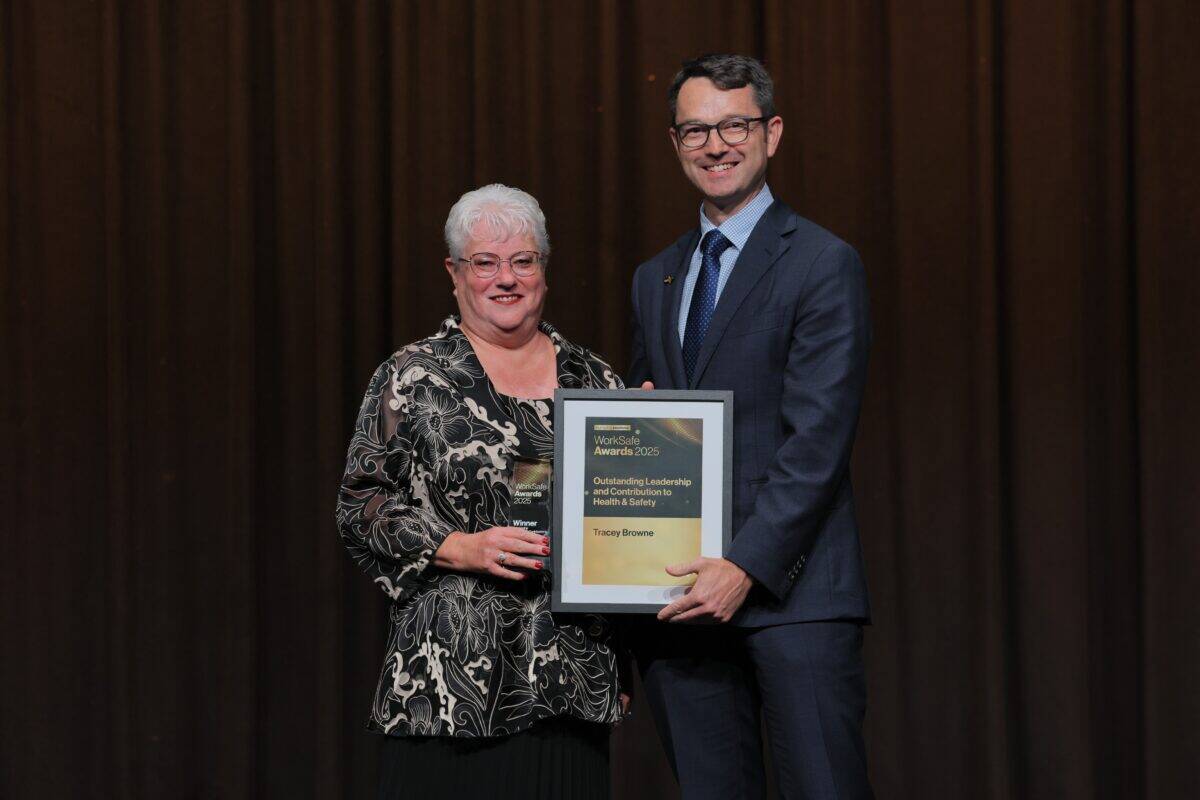We are all back at work, and this year is already tumultuous; we can all use fresh perspectives on how we manage the health and safety of our workers. To help out and expand our OHS state of knowledge, I am offering a 50% discount on annual subscriptions to the SafetyAtWorkBlog for a short time.
We are currently producing at least 4 articles a week, so it’s a great value, and our library includes over 4,000 independently written articles.
From March 2 2026, to March 8 2026 , annual subscriptions are available to any new individual subscriber for A$125 (+GST) by clicking on this link, then the Credit Card button and entering this Code – SAWBFEB2026 – in the Annual payment screen. (Credit Card payments only. Australians only for the moment)







